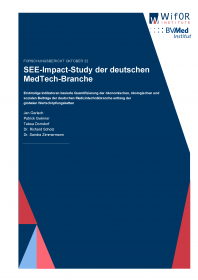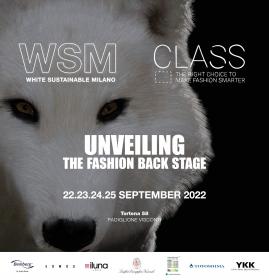Autoneum introduces fully recyclable polyester carpet systems
Automotive carpets are typically multi-layered systems that can be challenging to recycle. By introducing a carpet made of 100% polyester, Autoneum now opens up new opportunities for vehicle manufacturers to meet their sustainability targets. The innovative carpet systems are fully recyclable, thus paving the way for an improved and more sustainable end-of-life recycling of electric vehicles. In addition, the high content of recycled PET as well as the zero waste and less energy-intensive production process further improve the carbon footprint of Autoneum’s new monomaterial needlepunch and tufted carpets.
Autoneum’s fully recyclable carpet systems ensure a closed material loop and are thus proof of the Company’s commitment to improving the sustainability performance of its products and manufacturing processes. The 100% polyester carpets build on the existing lightweight and particularly sustainable Autoneum Pure technologies: the carpet surface, for example, is made of Di-Light or Relive-1, while Hybrid-Acoustics PET is used for the decoupler. Thanks to Autoneum’s innovative alternative backcoating (ABC) process, which uses a thermoplastic adhesive instead of latex, the production of the new monomaterial needlepunch and tufted carpets also requires significantly less energy and no water at all.
Autoneum’s sustainable tufted carpet system made of 100% polyester is already in development for an electric model of a German vehicle manufacturer that will be available in Europe and Asia.
Autoneum































